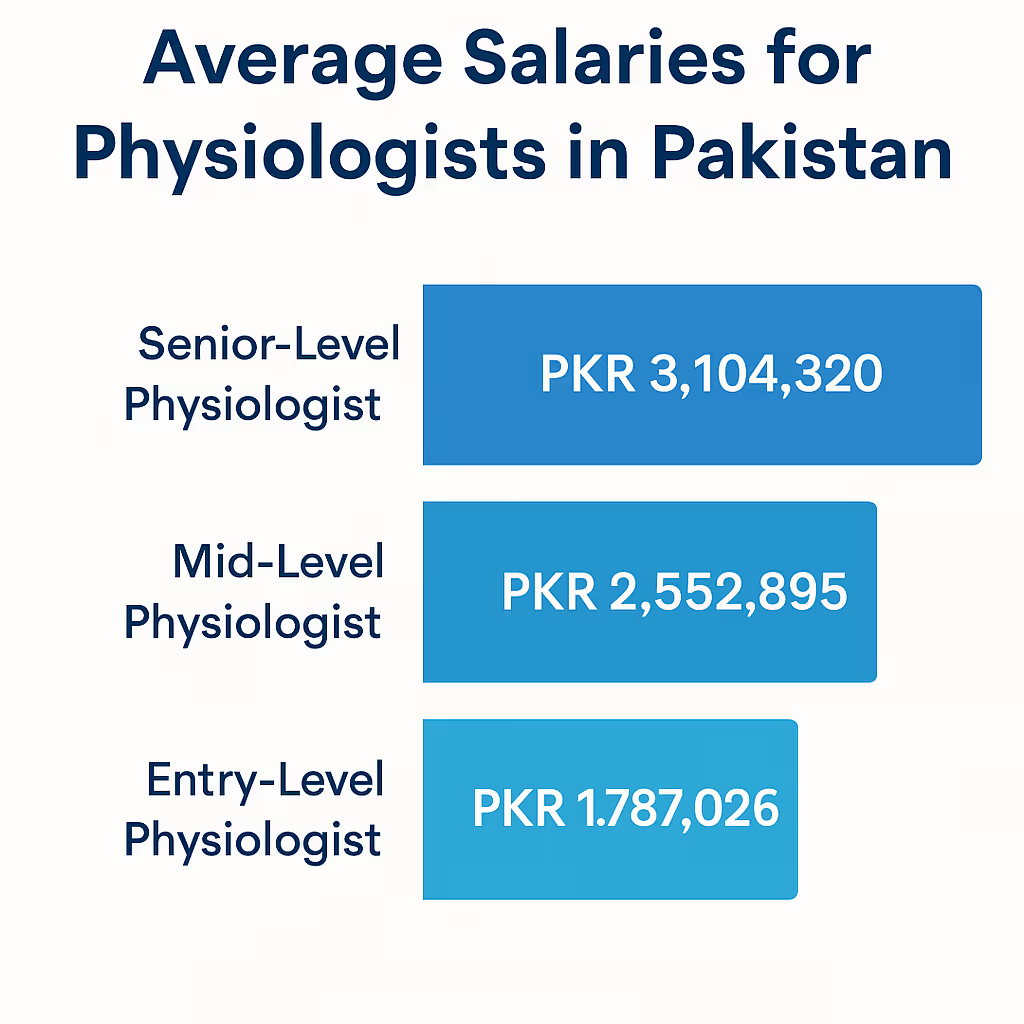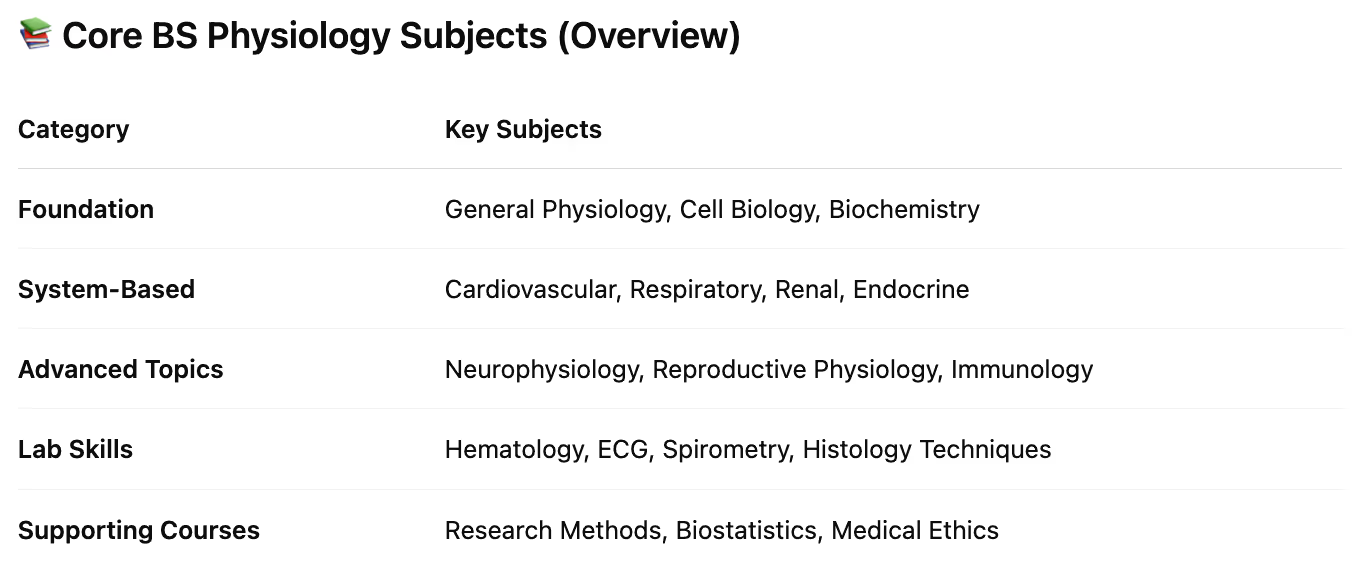
MDCAT Bravo Batch 2026
Early Admissions Open!
Kick off your MDCAT prep with daily live classes starting from 5th January! Cover the entire syllabus, attempt weekly tests and get counselling from expert teachers like Dr. Akbar

Early Admissions Open!
Kick off your MDCAT prep with daily live classes starting from 5th January! Cover the entire syllabus, attempt weekly tests and get counselling from expert teachers like Dr. Akbar

Admissions are open!
Enjoy daily live classes and recorded lectures with EDGE Learning mentors – Sir Ahmer, Sir Saad & Miss Maryam exclusively on the Maqsad app.

Want to ace the ECAT exam?
Join Maqsad’s ECAT batch, designed for high-scoring students aiming for UET, NUST, GIKI & more. With live classes, MCQs and more, secure your seat in UET Round 1 + NET Round 2 + IBA CS R1 + others!
Physiology, the scientific study of the functions and mechanisms in living systems, is a foundational discipline in the medical and health sciences. In Pakistan, the field of physiology has been gaining recognition, offering a range of academic and professional opportunities for students and professionals alike. This guide provides an in-depth look at the physiology scope in Pakistan, highlighting educational pathways, career prospects, and the future outlook of the field.
Physiology delves into understanding how various systems of the body function and interact. It serves as a bridge between basic biological sciences and applied medical sciences, making it integral to advancements in healthcare and research. In Pakistan, the growing emphasis on medical research and healthcare has amplified the relevance of physiology, leading to increased academic programs and career opportunities in the field.
For those interested in pursuing a career in physiology, Pakistan offers several academic routes:
These programs are designed to equip students with both theoretical understanding and practical skills, preparing them for diverse roles in research, academia, and the healthcare industry.

Graduates in physiology have a broad spectrum of career options in Pakistan, including:
The versatility of a physiology degree allows professionals to adapt to various sectors, reflecting the expansive scope of physiology in Pakistan.

Salaries for physiologists in Pakistan vary based on factors such as education, experience, and the employing organization. According to available data, the average annual salary for a physiologist is approximately PKR 2,453,310. In academic settings, a physiology professor at a university can earn around PKR 3,563,187 annually. These figures indicate that physiology is a financially rewarding field, with potential for growth as one advances in their career.

The BS Physiology program in Pakistan is a four-year undergraduate degree designed to build a strong foundation in human biology, body systems, and research methodologies. The curriculum includes both theoretical coursework and lab-based practical training, preparing students for careers in academia, diagnostics, pharmaceuticals, and research.
Here’s a general overview of the core and elective subjects taught in most Pakistani universities:
This structured curriculum not only enhances understanding of the human body's functional systems but also builds valuable skills in diagnostic procedures, data analysis, and scientific communication, aligning well with the evolving scope of physiology in Pakistan.

Several esteemed institutions in Pakistan offer programs in physiology, including:
These universities are recognized for their quality education and research contributions, making them excellent choices for aspiring physiologists.
Related: Best Medical Universities of Pakistan
One of the most common questions among aspiring students is whether MDCAT is required for BS Physiology. The answer is simple:
No, MDCAT is not required to pursue a BS in Physiology in Pakistan.
The Medical and Dental College Admission Test (MDCAT) is exclusively required for professional medical degrees like MBBS and BDS. In contrast, the BS Physiology program is a non-clinical, research-focused undergraduate degree offered by many universities across Pakistan.
Related: Is MDCAT Necessary for BDS?
This makes BS Physiology an accessible option for students interested in the biological sciences but not planning to pursue MBBS or dentistry. It also opens doors to academic, diagnostic, and research careers, contributing to the expanding physiology scope in Pakistan.
While the field of physiology offers numerous opportunities, there are challenges to consider:
Addressing these challenges requires concerted efforts from educational institutions, industry stakeholders, and policymakers to enhance the field's visibility and infrastructure.
The future of physiology in Pakistan appears promising, with increasing recognition of its importance in healthcare and research. The expansion of medical sciences and the emphasis on interdisciplinary research are likely to create more opportunities for physiologists. Additionally, the global trend towards personalized medicine and advanced diagnostics underscores the relevance of physiology, positioning it as a critical field in the evolving landscape of medical sciences.
Pursuing a career in physiology in Pakistan offers a blend of intellectual fulfillment and professional opportunities. With a range of educational pathways, diverse career options, and a positive future outlook, the field holds significant potential for students passionate about understanding the complexities of living systems. As the healthcare and research sectors continue to evolve, physiologists will undoubtedly play a pivotal role in advancing medical science and improving health outcomes.
The average annual salary of a physiologist in Pakistan is approximately PKR 2,453,310, with university professors earning around PKR 3.5 million per year.
Fields like computer science, software engineering, medicine, and business have high scope. However, the scope of physiology in Pakistan is growing steadily, especially in health sciences.
Yes, physiology is a rewarding and respected field, especially for students interested in medical research, teaching, or pursuing advanced healthcare roles.
The BS Physiology scope in Pakistan includes opportunities in diagnostic labs, pharmaceutical sales, teaching, medical writing, and further specialization through MPhil or PhD.
A Doctor of Physical Therapy (DPT) graduate in Pakistan earns around PKR 40,000–100,000 per month, depending on experience and job setting.
Currently, degrees in software engineering, data science, MBBS, DPT, and business administration are highly in demand. Physiology is growing in demand, particularly in academia and research.
Degrees in technology, healthcare, AI, biotechnology, and sustainable sciences (like environmental engineering) are among the best for future growth.
